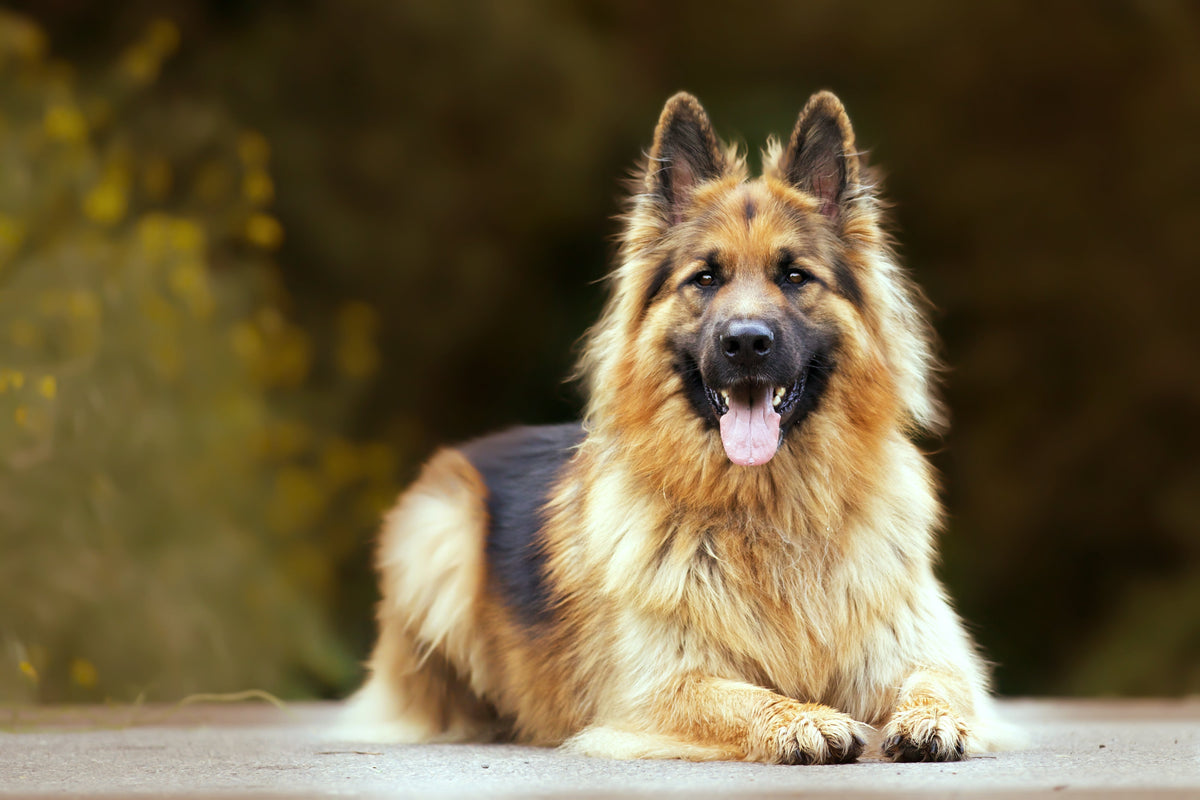In 24 cities

How to Care for Senior Dogs: A Complete Guide
|
|
Time to read 4 min
Get product availability and delivery timelines based on your location.
Are you sure you want to delete this address?
Help us ensure a smooth delivery
Help us ensure a smooth delivery
SIZE GUIDE
|
|
Time to read 4 min
Senior dogs, typically defined as dogs over the age of seven, may experience a variety of health issues as they age. Some common senior dog health concerns include arthritis, dental problems, kidney and liver disease, cancer, cognitive decline and cardiovascular diseases.
It's important to note that these are just a few examples, and every dog will age differently. To ensure that your senior dog stays healthy, it is important to schedule regular vet check-ups, provide a prescribed dog diet and address any senior dog health concerns that may arise as soon as possible. With proper care, senior dogs can live happy and comfortable lives.
When caring for senior dogs, it’s important to follow a few simple guidelines. Feed your dog the same food as you would a younger dog. This will ensure that the dog gets the nutrition it needs to stay healthy and happy. If your dog is older, you may want to feed it a diet that contains fewer calories and protein, such as dog supplements for senior dogs or wellness senior dog food
Take your senior dog for a daily stroll around the neighbourhood, or even better, take them on a nature hike where they can sniff, explore and discover new sights and smells. Not only will it give them the physical activity they need, but it will also be a bonding experience for you both.
Playing fetch is another great way to keep them active, you can use dog toys or dog treats to keep them engaged and motivated. This is a fun way to get them moving and to provide them with a mental workout. Plus, it will bring back fond memories of their youth.
You should monitor your dog's health closely and consult a veterinarian if there is any sign of illness or injury. Keep your dog warm during the winter months by providing an indoor temperature of a healthy body temperature that is comfortable. You can also use age-appropriate dog clothing and accessories for warmth and comfort. Also, provide shelter from the sun and wind when possible. Last, but not least, make sure your older dog receives adequate dental care and enjoys regular grooming as needed.
Regular veterinary visits are necessary to keep your senior dog healthy and happy. Arrange for regular checkups at a pet hospital or vet clinic to monitor your senior dog's health and ensure that he or she is receiving the best care possible. Keep your dog well-fed, exercised, and clean so he or she remains cheerful and comfortable during their golden years.
Senior dogs require special attention when it comes to grooming, as their coats may become brittle over time. This is particularly true during the winter months when older dogs are more likely to experience skin irritation and dryness. They should be examined by a veterinarian regularly for age-related health concerns, such as arthritis and cognitive dysfunction and also have their eyes checked regularly for signs of eye disease, and they may require additional dental care if there is evidence of dental disease or inflammation of the gums.
As your furry companion enters their advanced years, it's important to ensure they receive the best possible care to keep them happy and healthy. A comprehensive senior dog veterinary care plan is the key to ensuring your beloved dog continues to thrive, as they age. With regular check-ups and personalized attention, your senior dog can continue to wag their tail and bring joy to your life for the years to come.
Share this blog
2 item in cart
₹10,360


